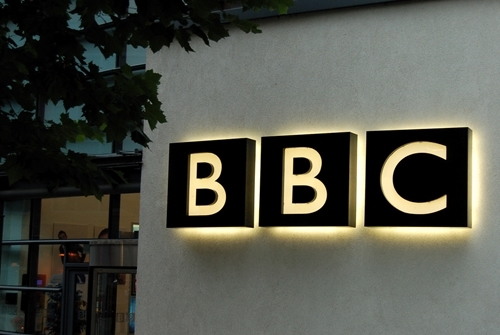
Last week, when the BBC Radio 4 show Short Cuts claimed that there were just 100 grey partridges left in the UK, we responded straight away.
The BBC have responded and removed the false information from the episode on their website and on BBC Sounds. They’ve also explained the situation, noting:
"The producers were using figures from the Zoological Society of London and realise that they misread the spreadsheet, hence the much lower figures quoted in the feature. We would like to apologise to the GWCT for this mistake and reassure them that it was due to human error and absolutely not intended to undermine or misrepresent their conservation efforts, or those of the farmers and gamekeepers they work with."
We appreciate how quickly the BBC acted to rectify their mistake, particularly given the circumstances we are all working under right now, and for explaining the situation.
What this situation does show is that when we raise issues such as these, people are listening and take action. Our role in conservation is not just to research problems and provide solutions, but to ensure the accurate representation of science in the public interest.
Did you know?
Last year we had 37 letters published in the national and regional press, often correcting inaccuracies or unbalanced reporting. When newspapers chose not to print our reply, we do so ourselves – read online by thousands.
You can help us to challenge bad information before it becomes seen as ‘fact’ by donating below, or if you’re not already a member, joining today.